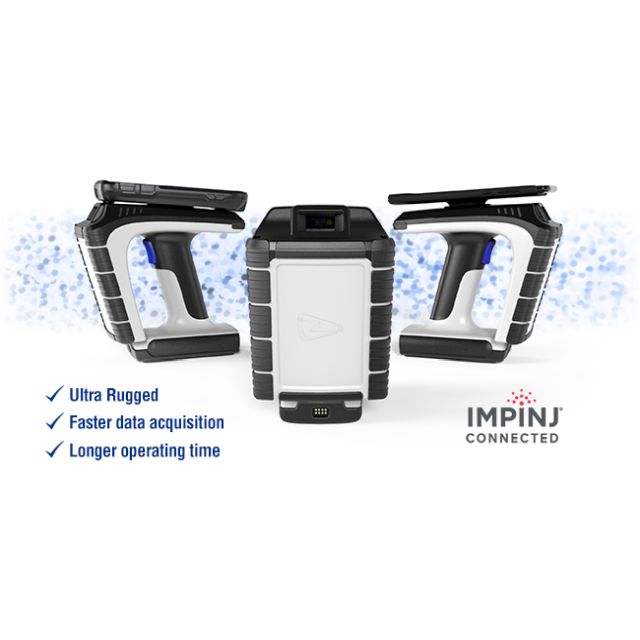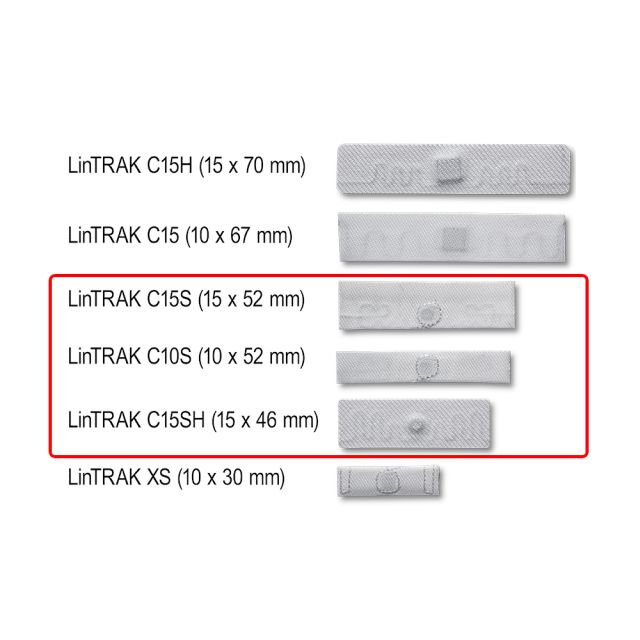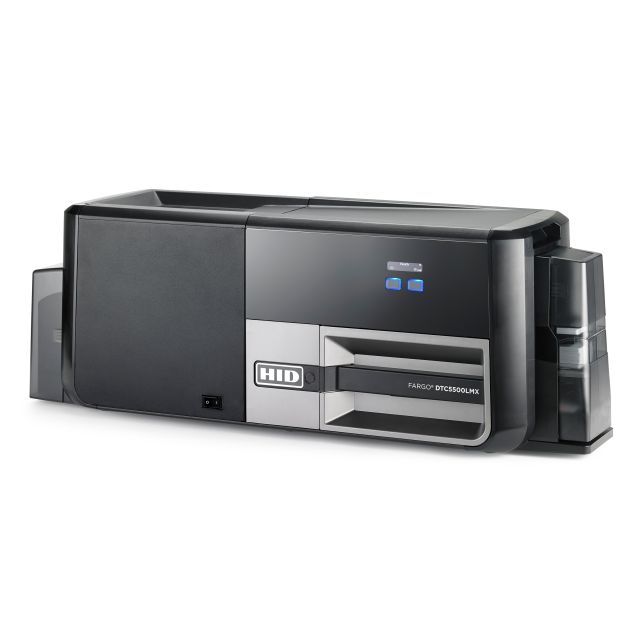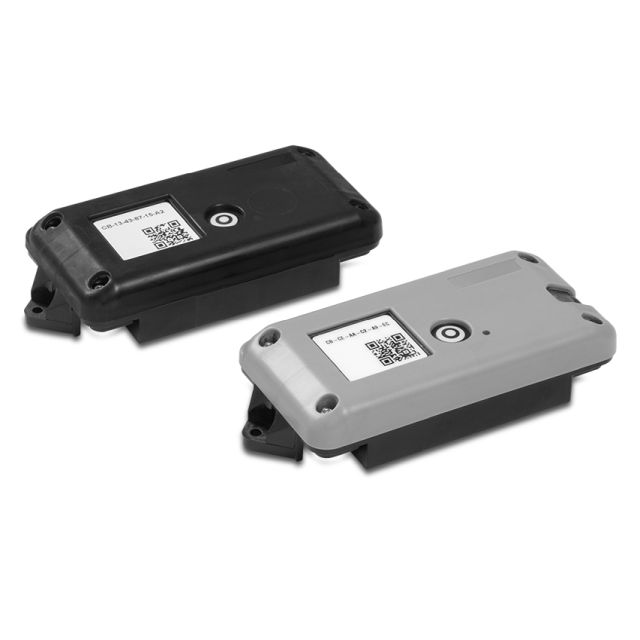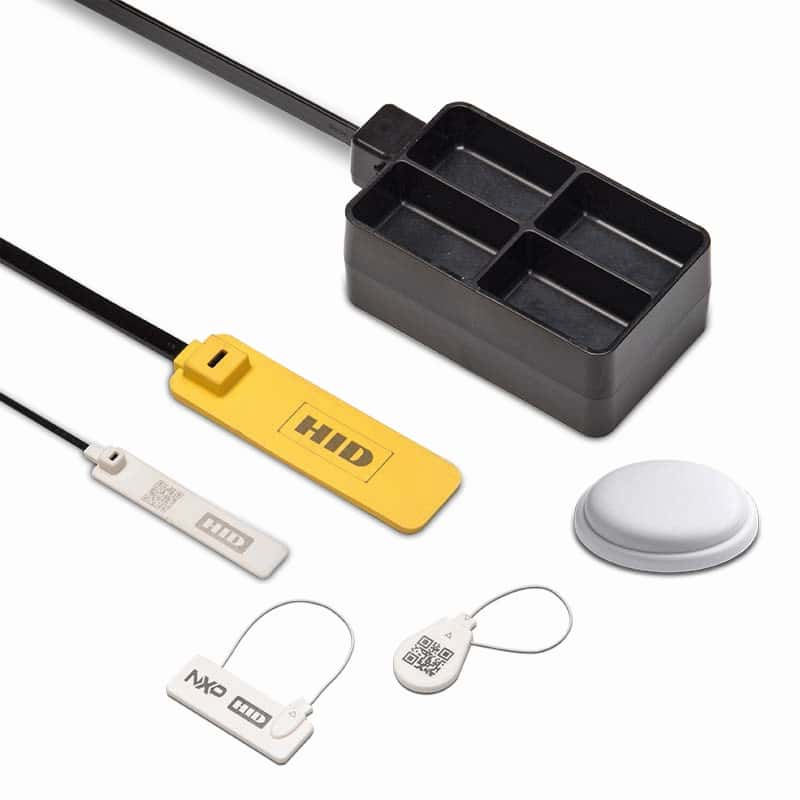Digital Wallets: Three Measures to Make the Digital Wallet Secure
The ID card inside the cell phone, the driver's license on the smartwatch - the future of our identity documents is digital. However, digital wallets have particularly strict security requirements because they contain sensitive, personal data. HID, the world's leading provider of trusted identity solutions, knows what security measures companies need to take to make this happen.
Digital wallets have been around for payment transactions for some time. The technology works on all Internet-enabled devices, so many users store their banking information there to conduct secure transactions online.
But digital wallets are not only used for payment transactions, but increasingly for storing personal digital documents. In the near future, digital wallets will hold medical prescriptions, travel documents, driver's licenses, ID cards, insurance information and employee badges - in other words, everything consumers otherwise carry around physically in the form of paper or plastic cards. Each individual will then be able to authenticate themselves digitally with ease.
Of course, there are advantages to being able to access one's documents at any time. But the more official IDs are digitized, the more complex the solutions will have to be to protect personal data and prevent data misuse. HID advises the following three measures to make digital wallets as user-friendly and secure as possible.
1. Create Proper Identity Infrastructure
An updated infrastructure, including NFC and Bluetooth-enabled hardware, is the foundation for a connected, mobile experience with digital wallets. To issue digital identities, government agencies, businesses and banks - anyone who wants to make their official documents available digitally - must build a modern authorization program with security management in the cloud.
The identity management of the respective company is the guide for creating the right identity infrastructure. This must be constructed to allow for more secure scalability and the adoption of the right mix of technologies, applications and processes to manage digital identities to meet requirements as well.
2. Develop Internal Policies for Data Protection
Digital identities create unique, multi-faceted personas with a wealth of associated data. Of course, it makes sense to use collected data to provide better products and services to customers and employees. However, data collection is a practice that can easily lead to mistrust and suspicion without transparency. That's why internal policies related to data privacy and fraud prevention must first be developed before implementing digital identity documents.
Digital identity systems must take into account regionally and globally relevant laws, regulations and industry standards, for example, the General Data Protection Regulation (DSGVO). Companies must then not fail to communicate compliance policies to the outside world as well and provide information on how and what data is used and stored to prevent data protection concerns from arising in the first place.
3. Move Security Management to the Cloud
In the future, digital wallets will be the central storage location for personal documents. In this respect, identity is moving to the center of the digital experience. Companies that use identity as a framework for Digital Transformation can overcome barriers to adoption and thus reap the full benefits of digital identity verification. However, this approach requires moving security management to the cloud and updating infrastructure, including hardware, to support it. This move will require physical security, operations and IT teams to work closely together to determine goals and develop a business case. These investments are imperative to enable service-led growth in the future.
"Consumers want convenience and seamless experiences. With digital wallets, businesses and governments are now able to completely transform digital identity verification from access control to financial transactions," emphasized Markus Baba, Regional Sales Manager DACH at HID.
"With their broad reach and daily touchpoints, digital wallets are poised to significantly impact the way we interact with our homes, our employers, and even our government - but only if new solutions provide reliability and convenience balanced with security and privacy."




